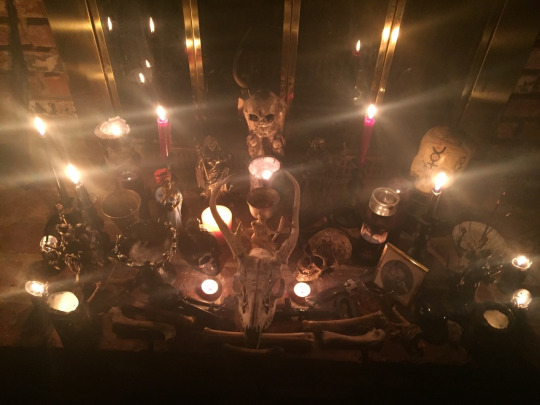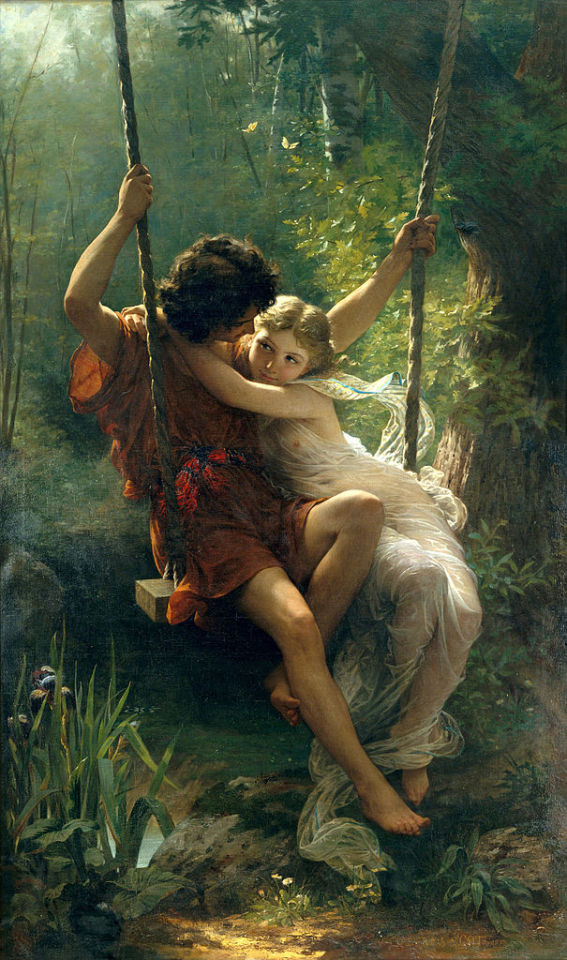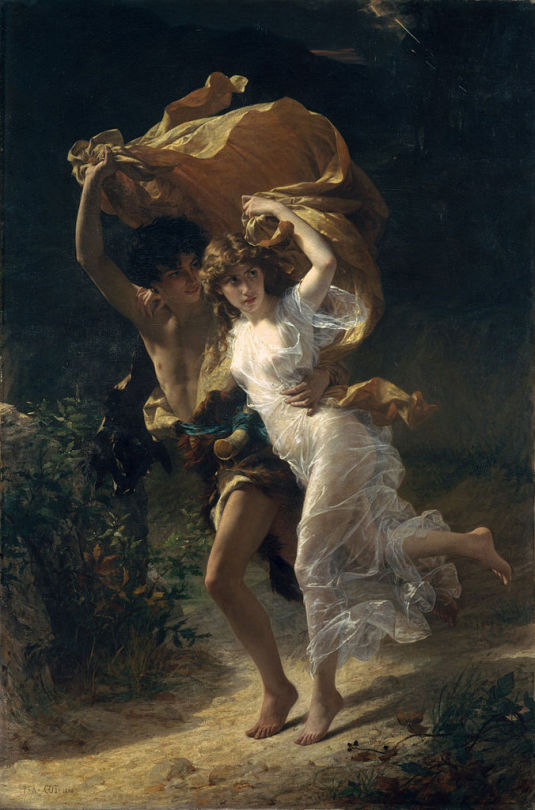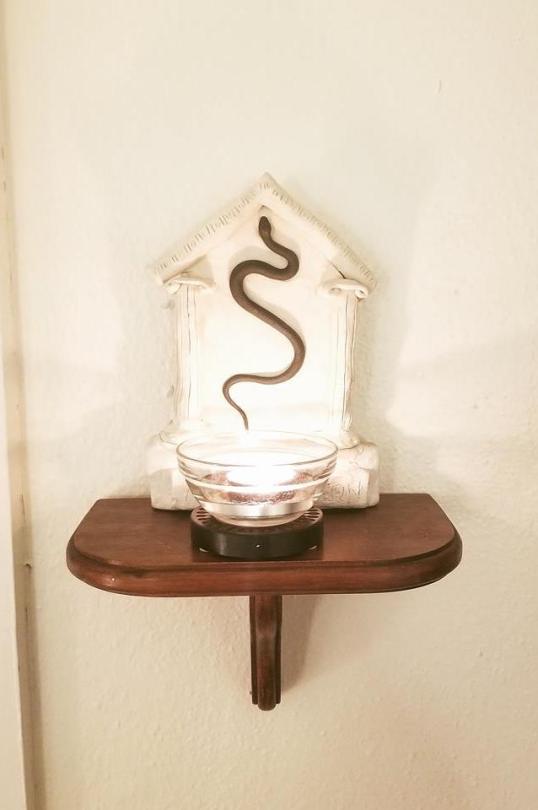Text
“traditional values” should mean like…teaching kids which local forest mushrooms are edible, not that the lady next door is going to hell for having a cool girlfriend
32K notes
·
View notes
Text
The Pillars of Hellenic Worship
Timothy Jay Alexander says there are seven pillars of Hellenismos: Ethike Arete (ethics), Eusebia (reverence of the Gods), Hagneia (ritual purity by avoiding miasma), Nomos Arkhaios (observance of tradition), Sophia (pursuit of wisdom and truth), Sophrosune (control of self through deep contemplation), and Xenia (hospitality). I’ve seen people say there are nine pillars, some say four, some say “what pillars?” Personally, I think it can be simplified into two categories: ethics and reverence.
Keep reading
171 notes
·
View notes
Text
Witchy help please?
So I've been interested in witchcraft for a longggg time, but I kinda feel like I've come full circle research wise and still know absolutely nothing 😂 so I'd be very grateful if anyone could recommend good resources to learn about non-wiccan (nothing against Wiccans, its just not for me!) witchcraft. I'm from England and a Hellenic Pagan, so particularly interested in any kind of historical witchcraft from those places, but anything is great! (I know of the Magical Papyri, but can't afford a translated copy atm!). I've also read about the Cunning Folk, and from what I've read there were practices associated with them from before it all became so influenced by Christianity? Does anyone have any resources on that?
I'm just interested in finding out about any of those practices-anything with a historical basis that isnt Wiccan and isnt Christian, and isn't appropriated from a closed culture- from what I've heard it was mainly curse tablets and herbs we know about from ancient greece, and amulets, herbs again and 'enchantments'? in pre-Christian Europe?
Also, I know a lot of the differences between witchcraft and wicca, but are all those spells and ingredient correspondences we see all over tumblr inherently Wiccan too? Does candle magic have historical basis, is bath magic and roses being associated with love new-fangled? If not..what do they belong to? Where do they come from?
I know I probably sound very ignorant, and honestly I feel it 😂 but I very much want to learn and don't know if anything I'm clicking on is based on anything, or just kinda.... new-agey.
So, all help or pointers in the right direction very gratefully recieved 🙏 thank you!
From a very confused "beginner" witch who's still a beginner after about 8 years 😂
36 notes
·
View notes
Text
Halloween Ritual
This ritual is meant to be performed just when the sky becomes black and before dinner. Set up the altar with black, white, and red candles. Adorn it with the photos, possessions, or art of the dead you wish to honor. Light the candles and prepare for the ritual. Begin by making offerings to Haides and Persephone. These can include pomegranates, wine, honey, and milk. These can either be left on the altar, buried, or poured onto the ground. Then say:
“Haides, Lord of the Underworld, and Persephone, Queen of the Dead, on this night your kingdom below has sway on Earth. I give unto you these offerings and ask for your favor. May those dead which I do not call to me leave me, and those I love, untouched. I also ask that those dead which I honor upon this night be permitted to come and receive the offerings I place before them. Please also bring blessings and peace to those whom I have lost and make their afterlife one of joy.”
Make an offering for Hekate as well. Pour offerings of wine, honey, and milk out for Her, leave offerings of garlic and raw eggs, and light for Her some incense of frankincense, myrrh, and benzoin. Then say:
“Goddess Hekate, Mistress of Souls, Gate-Keeper of the Underworld, She who carries souls between this plane and the next, I supplicate you. I place these offerings before you to honor you on this night which is sacred to you as goddess of the dead. Please accept these offerings and grant to me your blessings and favor. I come before you and ask you to open the gates of the Underworld and bring forth the spirits of those I have lost and those which I honor. I call them forth from the other side, in your name, to be with me here on this night, this night when the dead are closest to the living.”
Light an incense mixture of yew, wormwood, frankincense, cypress, and mullein (yew is poisonous do not burn this inside) and pour out libations of milk, honey, and wine for the dead which you have called to you. Then say:
“Beloved and Mighty Dead, those passed on whom I honor, blood of my blood, spirit of my spirit, and heart of my heart, I call to you. I place these offerings before you and feed your spirits. As the veil between our worlds is thinnest on this night, I ask you to be close to me and grant to me your presence and guidance. Come forth from the Underworld and commune with me, bringing blessings and good fortune with you. As I honor you in death and place these gifts before you, bestow upon me your favor and your company on this holy night.”
Light a black or white taper or pillar candle dressed in olive oil and sprinkled with wormwood, frankincense, cypress, yew, and mullein. Then say:
“I light this candle in the names of those below, so that as long as this flame burns may those dead which I have called forth be with me, returning to the other side upon its finish. To feast and be merry with me and to give me their blessings and guidance before resting once more.”
After this ritual, it is a nice idea to leave a plate of food from the meal had at dinner for the dead so that they may feast with you. It is also a good idea to perform spells and divinations on this night while the candle still burns for added power. Leave any offerings from the altar at a cemetery or crossroads the next day.

237 notes
·
View notes
Text
My father and I got to talking about the idea of transactional relationships versus transformational relationships, both in terms of spirituality and in relationships between people, and it occurred to me that it’s really applicable to pagan spaces as well.
In a transactional relationship, you expect that if you do the right things, you’ll get the right result. You work the hours you agreed to work and so you get paid. You commission a piece of art and pay for it, and the art is delivered to you. You put in the hard work and turn your essay in on time, and you get a good grade. Effort in, result out.
But a transformational relationship is completely different. If you approach a romantic relationship like it’s transactional, things fall apart pretty quickly – or you end up at the ‘nice guy’ conclusion of assuming that because you put in the effort, you’re owed the desired sexual/romantic contact in reward. In healthy romantic relationships, you don’t do something for your partner because you expect they’ll do something for you in return. You do it because you love them, because you want them to be happy, and because being together makes you both better people.
I think far too often we can fall into the trap of treating our relationships with our gods as transactional. I build the alter, I give offerings, I give prayers of praise, so I should be rewarded with the blessings I ask for, or signs, or a clear godphone connection. Effort in, result out, right???
But it doesn’t work that way. When we work with the gods we’re dealing with real, intelligent, individual beings with opinions and wants and needs of their own. They aren’t vending machines. The gods aren’t obligated to respond to us any more than a person is obligated to date someone who was nice to them.
Rituals, ceremonies, offerings, prayer, meditation, etc can all seem really pointless and hollow if you don’t understand the point behind those actions. The point is not that you’re putting in the effort for the expected result. The point is that in doing these things, we transform ourselves into better versions of ourselves – whether or not the gods actively respond to our actions.
Within the Tumblr pagan community, it seems like there are a lot of people who worry about doing things the ‘right’ way to make the gods like them. It carries with it the ‘nice guy’ implication that if you do everything just perfect, the god or gods in question will like you, will give you signs and blessings and a clearer godphone. My experience has been that there is no ‘right’ way to do things, there is only the relationship between you as an individual and the god as an individual.
When I try to explain my relationship with my gods to someone who isn’t religious or spiritual, the response seems to mostly be “Wow that sounds like a lot of work, what are you getting out of it?” For awhile it frustrated me that I didn’t have a solid answer to that, but this conversation with my (religious but definitely not pagan) father really turned it on its head.
What I get out of my devotion to my gods is a better me. My time thinking about them, talking to them, praising them, that changes me, gives me a better idea of how I fit with the rest of the universe, where my value comes from, what I’m capable of. It helps me to be more forgiving, and slower to anger, with a longer perspective than the problem-of-the-moment perspective we so often get stuck in in our modern world.
I think with the emphasis (particularly on Tumblr) on godphone-type communication with one’s gods, it can be really easy to lose sight of all the ways we can feel the gods’ presence in our lives. Focusing more on how I have changed, how I am actively changing now, where things would have troubled me before but don’t anymore – focusing on that makes it clear how much I really am getting out of my relationship with my gods, in a way that isn’t at all transactional.
Even on days when my godphone has nothing but static, I can absolutely feel the influence of my gods on my life. Not because of the things that they give me, but because of the ways I am transformed by devoting myself to them.
2K notes
·
View notes
Text
Hail Hestia
Who calms the tempers
Of the most powerful gods
With a gentle word
And a seat
At Her hearth
Hail Hestia
Who gave Her seat
Steadfast even with
The lure of power
Hail Hestia
Who doesn’t need
A throne on Olympus
When every hearth
In Greece
Is Her palace
Hail Hestia
Who tends the flames
Who protects those
Who find shelter
At Her hearth
Hail Hestia
The First and the Last
Great Goddess of our lives
Who protects us
On our darkest days
And guides our hand
In the journey of life
181 notes
·
View notes
Video
For sea witches or anyone else who needs a little ocean magic in their life today
29K notes
·
View notes
Text
Fun conversation prompts for Hellenic polytheists
Fun new ask box meme: ask me fun questions about my religion.
Whole pantheon or select few?
Which theoi hold domain over areas of influence in your life?
Which theos do you think has the coolest/most interesting story? Why?
Which theoi are you closest to?
How often do you make offerings?
How do you, personally, make offerings?
Which pillars (if any) influence your practice the most, and how/why?
Do you follow the delphic maxims? Which ones are most relevant/important to you?
Do you celebrate any festivals? Which ones?
What’s your favorite myth? And which version?
How do you feel about new myths and re-writes/adaptations of old myths?
Do you keep a prayer book?
Do you dress up for ritual?
Do you wear/use devotional jewelry, outfits, make up, perfume/cologne/body spray, or anything of the like?
When did you find your way to Hellenic polytheism?
Do you worship any deities outside of Hellenic polytheism?
Share a current picture of your shrine or altar if you have one!
Share a story about a time you felt the theoi were involved actively in your life!
Write something nice for one of the theoi!
Tell us something about your practice!
992 notes
·
View notes
Text
the fact that the cult of the greek gods is no longer considered a religion is homophobic
143 notes
·
View notes
Note
Reblogging to take a look at the resources later! (:
Hi! I've been drawn to Roman polytheism, especially the worship of Antinous, but I do not know anyone else who is a Roman Polytheist and I'm unsure how to begin worshiping. What would you suggest? Also, as an ethnically jewish person I am concerned about encountering antisemites in the pagan community, especially since I've had a couple bad interactions with pagans in my past....
Salve, Anon, and welcome!
These posts are good places to begin:
https://honorthegods.tumblr.com/post/188126659106/i-know-that-it-may-be-a-very-general-question-but
https://honorthegods.tumblr.com/post/612756976981671936/roman-polytheism-free-and-reliable-resources
https://honorthegods.tumblr.com/post/183708079196/the-cult-of-antinous-free-online-resources
Check out the #Roman polytheism, #Roman Polytheism 101, #Religio Romana #cultus deorum and #Antinous tags on my blog - and at tumblr in general. There’s a lot to learn, and scrolling through these tags will help you narrow future queries and find direction for your own research.
I wish I could assure you that you’ll never encounter antisemitism in pagan spaces. I fervently hope the far-right global trend doesn’t survive the COVID-19 pandemic, but pagans and polytheists must continue to speak out and do everything possible to make our spaces safe from hate. Here’s another post to read:
https://honorthegods.tumblr.com/post/185185856561/hi-do-you-have-any-tips-for-recognising-white
Most of my friends in the Roman polytheist community on tumblr have, sadly, left. I haven’t encountered antisemitism among Antinoans on tumblr, and, in fact, tumblr recently (May 2020) is showing signs of trying to do better*, so that much is good.
I haven’t joined any Roman religion group myself, because some of them have bizarre goals (*cough*Nova Roma*cough*) and many of them fail to say clearly that they welcome everyone and reject hate. However, I do recommend the major Antinoan organizations to you as sources of reliable information and for generally being decent human beings (see the cult-of-antinous-free-online-resources post above).
Again, welcome! Please feel free to ask further questions; I’m happy to help!
May your path be blessed!
*https://staff.tumblr.com/post/617194581364195328/updates-to-how-we-enforce-our-community-guidelines
31 notes
·
View notes
Photo


Springtime, 1873, and The Storm, 1880, by Pierre Auguste Cot (1837-1883)
26K notes
·
View notes
Text
O.o Is this maybe something to do with why Athena is sometimes said to have grey eyes and sometimes blue??🤔
“In Greek, whose color lexicon did not stabilize for many centuries, the words most commonly used for blue are glaukos and kyaneos. The latter probably referred originally to a mineral or a metal; it has a foreign root and its meaning often shifted. During the Homeric period it denoted both the bright blue of the iris and the black of funeral garments, but never the blue of the sky or sea. An analysis of Homer’s poetry shows that out of sixty adjectives describing elements and landscapes in the Iliad and Odyssey, only three are color terms, while those evoking light effects are quite numerous. During the classical era, kyaneos meant a dark color: deep blue, violet, brown, and black. In fact, it evokes more the “feeling” of the color than its actual hue. The term glaukos, which existed in the Archaic period and was much used by Homer, can refer to gray, blue, and sometimes even yellow or brown. Rather than denoting a particular color, it expresses the idea of a color’s feebleness or weak concentration. For this reason it is used to describe the color of water, eyes, leaves, or honey.”
— Michel Pastoureau, Blue: The History of a Color (via emmaylor)
9K notes
·
View notes
Text
no offense but… whats the point in saying something rude about someone’s favorite things to their face just bc you don’t personally like it or have the same taste as them… like what do u get out of that interaction other than prove that you can’t respect your friend’s interests
153K notes
·
View notes




